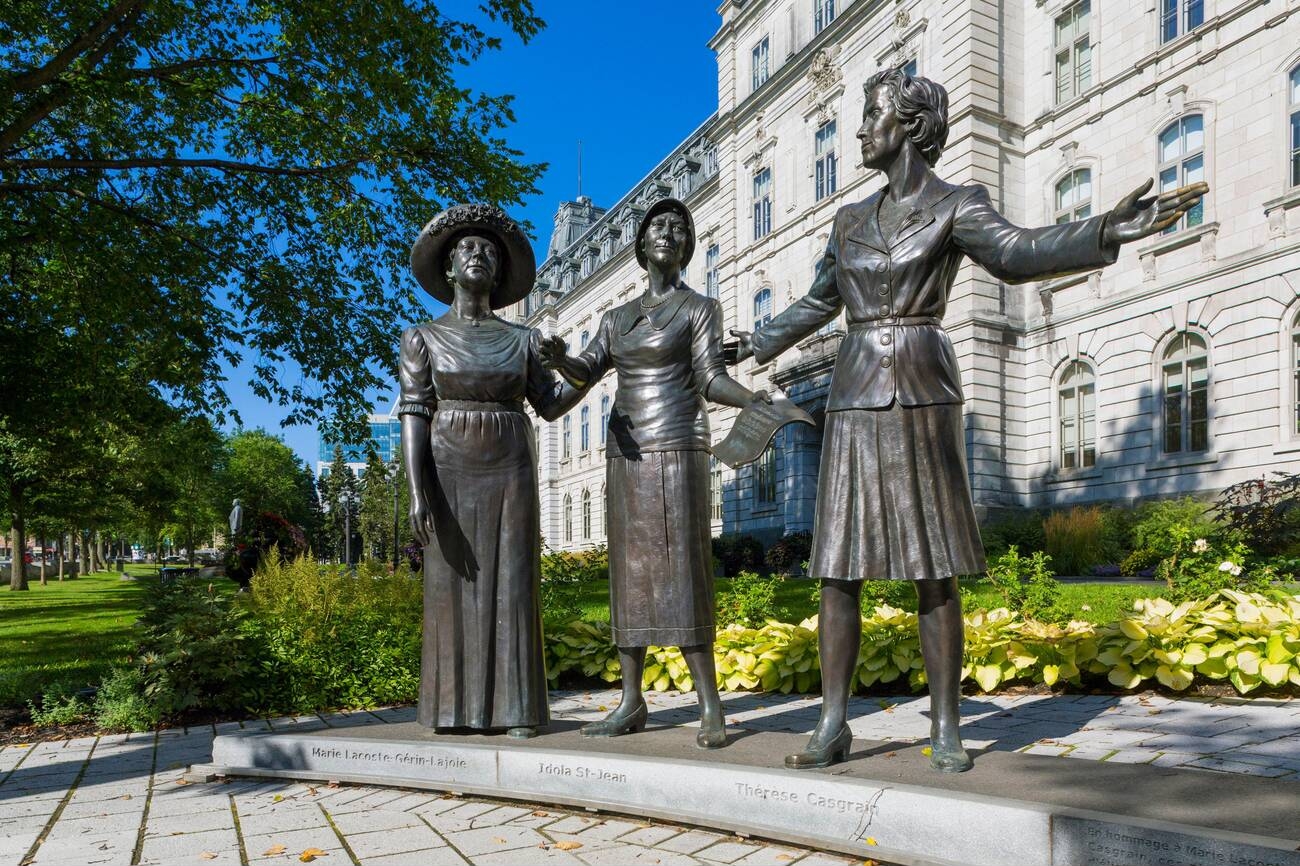Did you know that a historic moment is upon us in US politics? Vice President-elect Kamala Harris will soon become the first woman, Black person, and Indian American to serve as vice president. This groundbreaking achievement highlights her dedication to women’s equality and progressive ideas. In 2021, a record-breaking 142 women will serve in Congress, including 51 women of color and at least two LGBTQ women. While progress has been made, there is still work to be done in achieving gender parity in leadership roles.
Women’s Leadership in the White House and Congress
In 2021, you’ll see a historic number of women serving in Congress, with a record-breaking 142 women, including 51 women of color and at least two women who identify as LGBTQ. This increase in women’s representation in politics is a significant milestone for women in US politics and highlights the importance of women’s political leadership. Women bring diverse perspectives and experiences to the table, enriching policy discussions and ensuring that issues affecting women are given proper attention. Their participation in politics not only promotes gender equality but also strengthens democracy itself. Studies have shown that higher numbers of women in parliament lead to better accountability towards women and increased focus on their needs. Therefore, it is crucial to continue supporting and encouraging more women to participate actively in politics for a gender-responsive governance system.
Challenges in Women’s Representation in the U.S. Senate
You may be interested to know that there will be 24 women serving in the Senate in 2021, which is a decrease from the record of 26 in January 2020. Despite progress in other areas of women’s political participation, such as an increase in women serving in the House of Representatives and state legislatures, challenges remain when it comes to achieving equal representation in the U.S. Senate. Here are some key points to consider:
- The number of women senators has decreased, highlighting the need for continued efforts to support and encourage more women to enter politics.
- Political representation of women is crucial for ensuring diverse perspectives and addressing issues that affect women’s rights and equality.
- Female politicians play a vital role in shaping policies and legislation that impact all members of society.
- Women’s rights in politics can be advanced through initiatives like recruiting more female candidates, implementing family-friendly workplace policies, and reducing barriers to entry for underrepresented groups.
- A balanced gender representation at all levels of government is essential for achieving true democracy.
Incorporating these measures will help break down barriers and create a more inclusive political system where women can fully participate and contribute their unique experiences and perspectives.
Women’s Leadership in State and Local Government
Take a look at the current landscape of women’s leadership in state and local government, where there are a record-breaking 2,276 women state legislators in 2021. Females in politics are making significant strides, with ladies in politics representing 30 percent of state legislators nationwide. This surge in female participation in politics is an encouraging sign for gender equality and representation. Women hold 557 state Senate seats (28 percent) and 1,719 state House or Assembly seats (32 percent). It’s worth noting that Nevada stands out as the only state where women represent 50 percent or more of the state legislature. The increasing presence of women in these positions brings diverse perspectives and experiences to decision-making processes, ultimately leading to more inclusive policies at the local level.
Historic Firsts for Women of Color in Various Positions
Stephanie Byers (D) made history as the first openly transgender legislator in Kansas. She joins a growing list of women of color and LGBTQ individuals who have broken barriers and achieved historic firsts in various positions across the country. This wave of representation is significant, as it brings diverse perspectives and experiences to decision-making tables. In this new era of politics, women have been making strides towards equal representation and leadership roles. Here are five notable historic firsts:
- Sarah McBride (D) became the first openly transgender person elected to office in U.S. history.
- Taylor Small (D) is now Vermont’s first openly transgender legislator.
- Mauree Turner (D-OK) shattered barriers by becoming the first nonbinary state lawmaker in U.S. history.
- Michele Rayner-Goolsby (D) proudly serves as an openly lesbian and bisexual legislator in Florida.
- Iman Jodeh (D) broke ground as the first Palestinian American and Muslim person elected to the Colorado Assembly.
These achievements highlight the importance of diverse representation in our political landscape, paving the way for more inclusive governance.
Lack of Women Governors and Policies to Support More Women in Leadership
The underrepresentation of women in governor positions highlights the need for policies that support and promote more women in leadership roles. Despite significant progress in other areas of political representation, women still only make up 18% of governors nationwide. It is crucial to address this disparity and create an environment that encourages and empowers women to pursue gubernatorial positions. Implementing policies such as actively recruiting women candidates, reducing the influence of big money in elections, improving wages for public service professionals, and implementing family-friendly workplace policies can help level the playing field. By supporting more women in leadership roles, we can ensure a diverse and inclusive democracy that truly represents the voices and experiences of all citizens.
Importance of Women’s Political Participation
Women’s political participation is crucial for promoting gender equality and ensuring a more representative democracy. Here are five reasons why women’s political participation is important:
- It brings attention to women’s issues: Studies show that higher numbers of women in parliament lead to stronger focus on women’s concerns and needs.
- It facilitates direct engagement: Women’s political participation allows them to be directly involved in decision-making processes, shaping policies that affect their lives.
- It ensures accountability: When more women hold positions of power, there is better accountability to women and their interests.
- It calls for governance reforms: Gender-sensitive governance reforms are necessary to make elected officials more effective in promoting gender equality.
- UN Women in Action: UN Women works towards advancing women’s political participation by supporting inclusive decision-making processes and collaborating with various stakeholders.
UN Women in Action
You can learn more about the efforts of UN Women in promoting women’s political participation and fostering good governance. UN Women focuses on advancing women’s political participation and good governance by ensuring decision-making processes are participatory, responsive, equitable, and inclusive. They collaborate with multiple stakeholders, including women’s organizations, governments, the UN system, and the private sector. Their goal is to bring more women into government, train women leaders, and boost women’s skills for active participation in elections. One example of their work is in Timor-Leste where they support women’s political participation through programs that enhance rural women’s leadership and contribution to nation building. These programs aim to build capacity, promote transformative leadership at the local level, and ensure government planning responds to the needs of rural women.
| Activities Supporting Increased Participation of Women in Politics | Women Participate for Gender-Responsive Governance in Aceh |
|---|---|
| Pre-electoral training of women candidates resulting in 55% elected | Efforts to create a democratic and equal society during transition period |
| Training modules on strengthening role of women in Suco Councils | Public seminars on political participation |
| Collaboration with Local Development Program for alternative models of governance decentralization | Voter education workshops |
| Dialogue between national women leaders and Suco council representatives | Training for women candidates |
| Partnership with Forum Tau Matan for rights-based civic education materials | Media campaign to encourage participation |
This table showcases some activities supported by UN Women that contribute to increased participation of women in politics. From pre-electoral training to dialogue sessions between leaders at different levels, these initiatives aim to empower and equip women with the necessary skills and knowledge needed for effective political engagement.
In Aceh specifically, efforts are made to create a gender-responsive governance framework during the transition period after a conflict. This includes public seminars on political participation, voter education workshops, training for aspiring female candidates, as well as mobilizing a media campaign to encourage women’s involvement in politics. By engendering Qanun laws, UN Women helps create legal frameworks that require equal representation and participation of women in decision-making processes.
Through these initiatives, UN Women is actively working towards achieving gender equality and promoting women’s political empowerment on both local and national levels.
Rural Women Leading in Timor-Leste
UN Women supports rural women in Timor-Leste to enhance their leadership and participation in nation building through various programs. These initiatives aim to empower and uplift rural women by providing them with the tools, skills, and knowledge they need to actively engage in decision-making processes and contribute to their communities. The programs include:
- Leadership training: Rural women are given opportunities to develop their leadership abilities through specialized training sessions that focus on topics such as communication, negotiation, and advocacy.
- Capacity building: UN Women works with local organizations to provide capacity-building workshops that equip rural women with the skills necessary for active participation in politics and governance.
- Community engagement: Through community-based activities, rural women are encouraged to voice their opinions, contribute ideas, and shape policies that address the needs of their communities.
- Policy development: UN Women supports rural women in Timor-Leste by facilitating their involvement in policy development processes at both the local and national levels.
- Advocacy support: The organization provides advocacy support to rural women leaders, enabling them to effectively advocate for gender equality issues within their communities and beyond.
Activities Supporting Increased Participation of Women in Politics
The pre-electoral training of women candidates in 13 districts resulted in a significant number of trained women being elected. This shows the effectiveness of providing support and resources to women who aspire to be political leaders. By equipping them with the necessary skills and knowledge, these women were able to successfully campaign and secure their positions in government.
To further understand the impact of this training, let’s take a look at the table below:
| District | Number of Women Candidates | Number of Trained Women Elected |
|---|---|---|
| 1 | 5 | 4 |
| 2 | 3 | 2 |
| 3 | 6 | 5 |
| 4 | 7 | 6 |
As we can see from the table, out of the total number of women candidates in each district, a significant majority of them were successfully elected after undergoing pre-electoral training. This highlights the importance and impact of investing in women’s political participation and providing them with the necessary tools for success.
Women Participate for Gender-Responsive Governance in Aceh
Supporting women’s political participation in Aceh is crucial for creating a democratic and equal society during the transition period after a conflict. Here are five reasons why it is important:
- Women’s voices bring diverse perspectives to decision-making processes, ensuring more inclusive policies.
- Increased women’s political participation leads to stronger attention to gender equality issues.
- Women’s direct engagement in public decision-making enhances accountability towards women.
- Gender-sensitive governance reforms can be implemented by elected officials to promote gender equality effectively.
- Women’s political participation contributes to genuine democracy and fosters a more equitable society.




